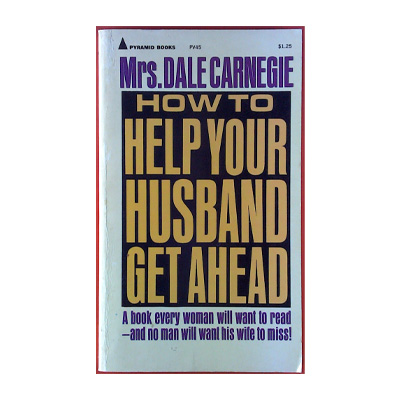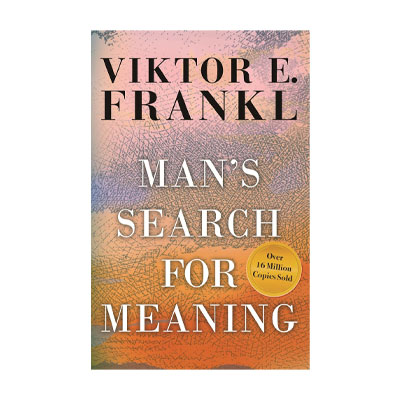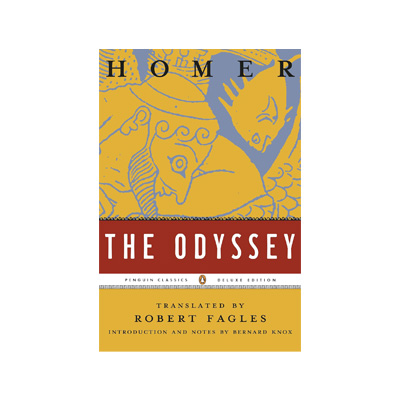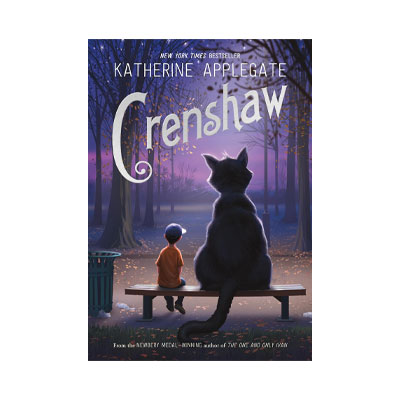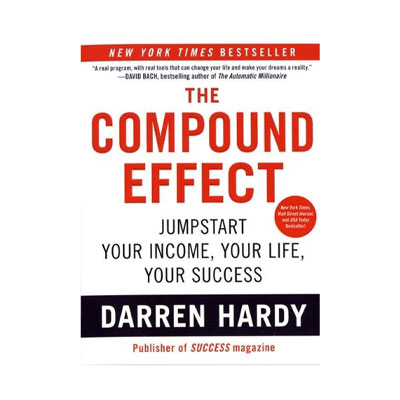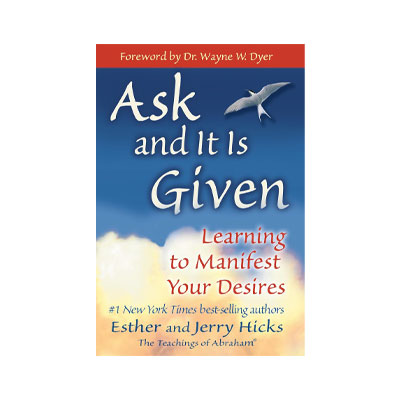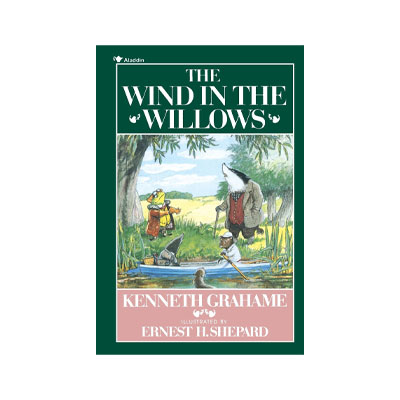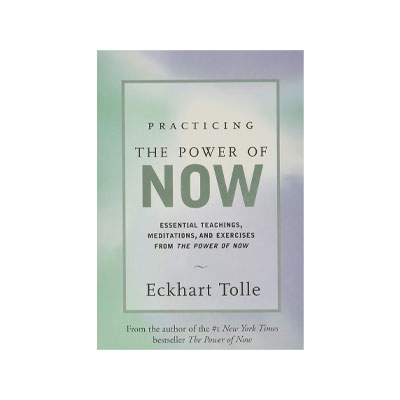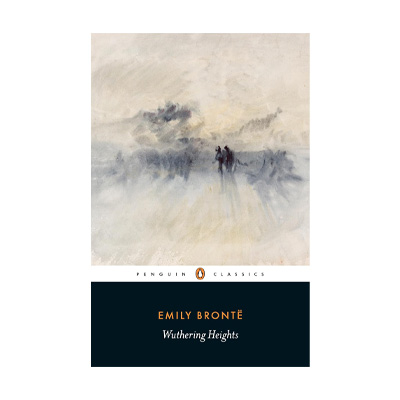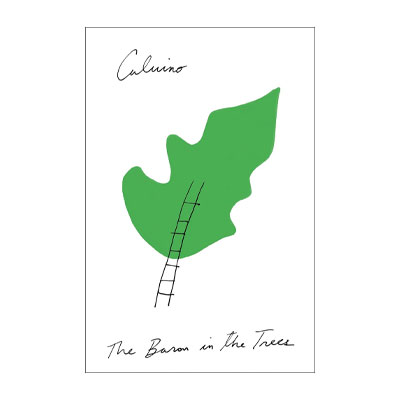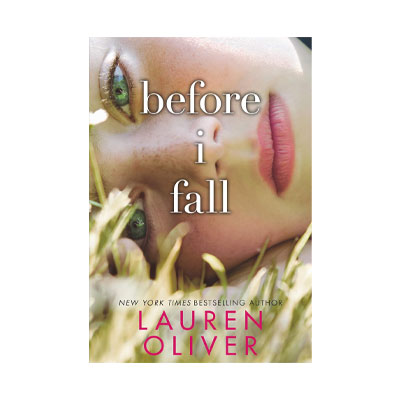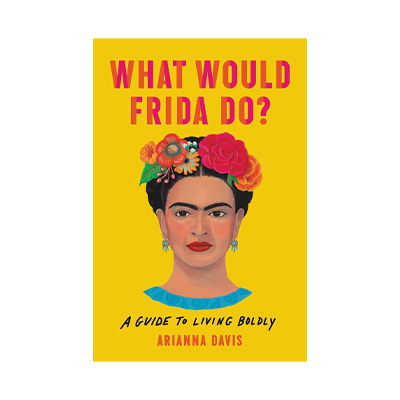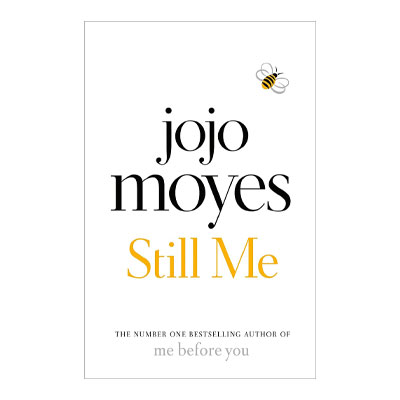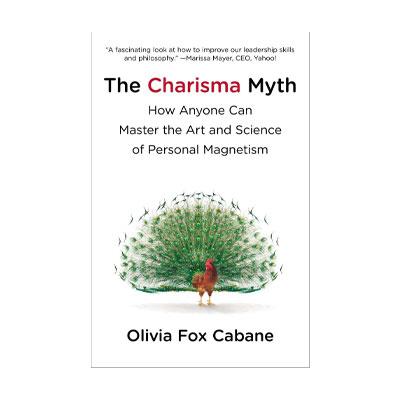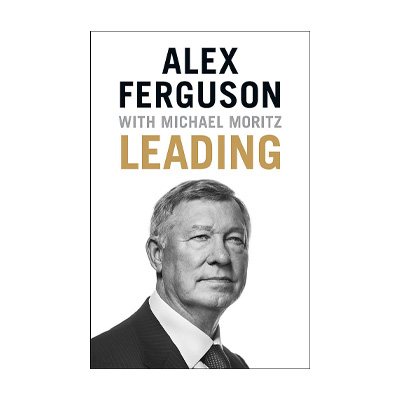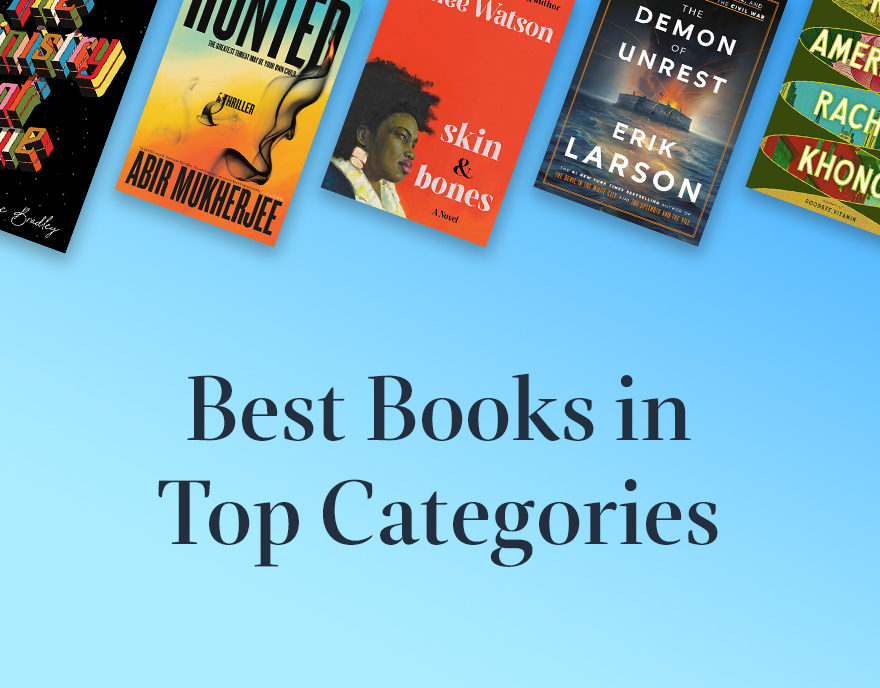Book Summary
Both Flesh and Not: Essays by David Foster Wallace, published for the first time after his death in 2012. In this book, which consists of fifteen literary essays, Wallace examines human life and its realities from a philosophical and innovative perspective, significantly revealing the author's inquisitive mind. One of these essays relates to a speech he gave in 2005 to his fellow graduates.
"This Is Water" is the title of one of the essays in which Wallace articulates his first and last speech, referencing concepts about human life that perhaps few have paid attention to before. Another essay titled "A View from Mrs. Thompson's House" discusses the tragic events of September 11, 2001, which left unforgettable impacts on human lives.
An intriguing title of another essay is "Consider the Lobster," where the author shares his experiences on the central coasts of America, along with ethical and philosophical questions. Additionally, there is an essay titled "Federer" dedicated to the rivalry between Federer and Nadal, champions of the beautiful sport of tennis, using this context to discuss impossible feats that he himself admires.
David Foster Wallace captivates readers in this work, as he presents storytelling and essay writing in a novel way, utilizing unique vocabulary and definitions, ultimately creating a thought-provoking piece. It is also essential to note that one of the main goals of "This Is Water" is to remind people to live better lives through a change in perspective, understanding the importance of empathy and understanding others, and increasing awareness.
About the Author
David Foster Wallace was an American author born on February 21, 1962, in New York. Coming from a cultural family, he earned his bachelor's degree from Amherst College and his master's degree in creative writing from the University of Arizona. He always sought ways to revive human interactions in today's world, which, despite itself, has led to human isolation.
During his lifetime, Wallace authored works such as Infinite Jest, something to do with paying attention, The Broom of the System, The Pale King, and Everything and more: A compact history of infinity. However, on September 12, 2008, he committed suicide in Claremont, California, ending his life.
Who Should Read the Book?
As mentioned in the introduction, since the work includes philosophical and literary essays, those interested in such themes can include this book in their reading list.
Book Quotes
If you are absolutely sure that you know what the truth is and what really matters, then like me, you won't consider possibilities that are neither pointless nor annoying. But if you have truly learned how to think, how to pay attention, then you will have other options as well. In fact, it is up to you to not only make chaotic, noisy, slow, and hellish situations meaningful but sacred as well.
Almost everyone who loves tennis and has been following men's tennis competitions on television in recent years has had moments that could be called "Federer Moments." These moments are when, while watching the young Swiss player's game, your jaw drops, your eyes bulge out, and a sound is produced that draws spouses from another room to the TV to check if you're okay. These moments intensify if you've played enough tennis to understand how impossible what Federer just did right before your eyes truly is.
The house I eventually sit in, with hair soaked in shampoo, and watch the horror unfold, belongs to Mrs. Thompson, one of the coolest seventy-four-year-olds in the world, and exactly the kind of person you know you can go to her house in an emergency even if her phone is busy. She lives about one or two kilometers from my house and across from some trailer homes. The streets are not crowded but still haven't emptied out as much as one might expect. Mrs. Thompson's house is one of those neat and tidy single-story buildings that are called "bungalows" in the western U.S. and is located south of Bloomington.
Now that I look back at it, the first signs of potential shock were that I didn't ring the doorbell and just walked in; something that is unusual in this town. Mrs. T., thanks in part to her son's business connections, has a forty-inch flat Philips TV that Dan Rather appears on for a moment with his dress shirt and slightly tousled hair (apparently, people in Bloomington have an unbearable preference for CBS news. It's unclear why). There are other women from church present here as well, but I don't know if I've greeted any of them because as far as I remember when I walked in, everyone was glued to one of those few pieces of footage that CBS never aired again, showing a wide shot of the North Tower and its bare scaffolding burning on the upper floors, with dots separating from the building and disappearing into the smoke below, followed by a sudden close-up shot revealing that those dots are real people, wearing suits and ties and skirts and shoes that fell with their owners.
We might have a total of ten nice weather days in Bloomington, and September 11th is one of them. The weather is clear and mild, and after a few weeks of feeling like we’re living under someone's armpit, there’s a pleasant dryness. The serious harvest season hasn’t arrived yet when the pollen from the area makes the air unbearable, and a large percentage of the city is high on Benadryl, which you probably know can give your mornings a dreamy and waterlogged quality. In terms of time zone, we are about an hour behind the eastern states.



